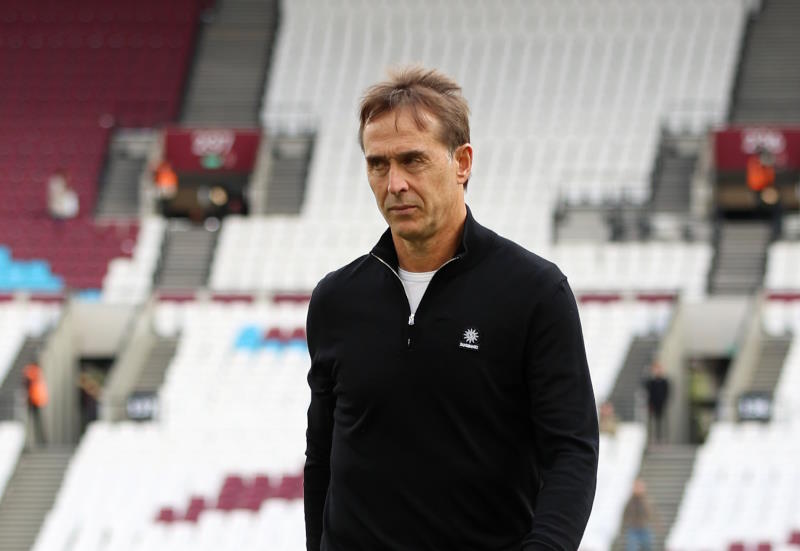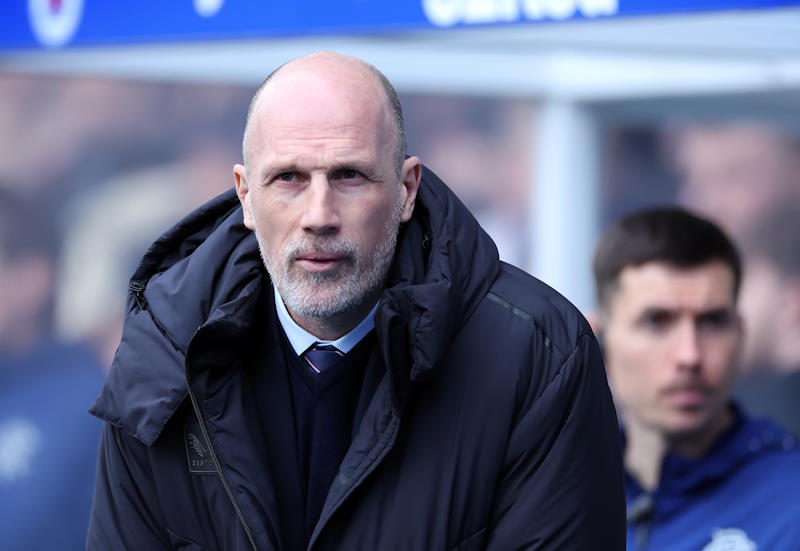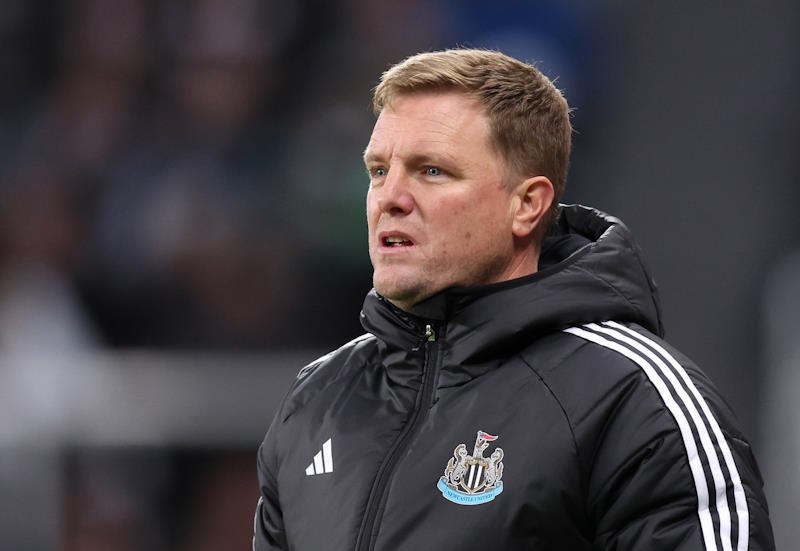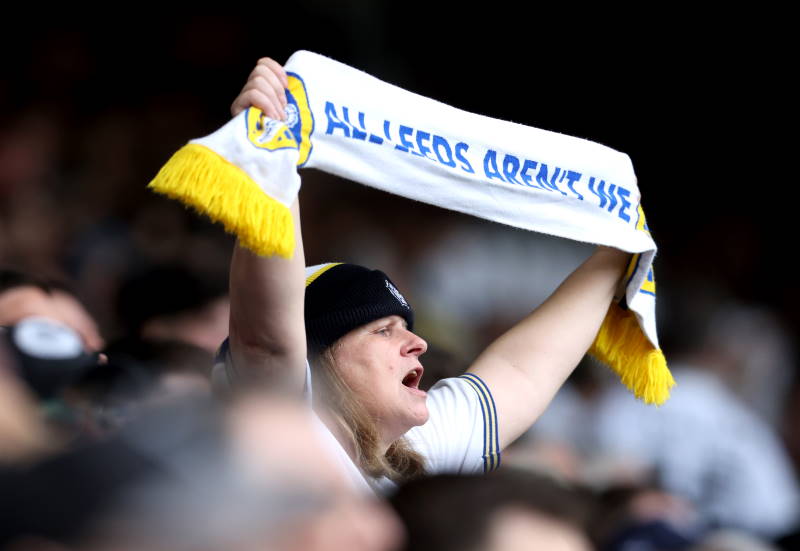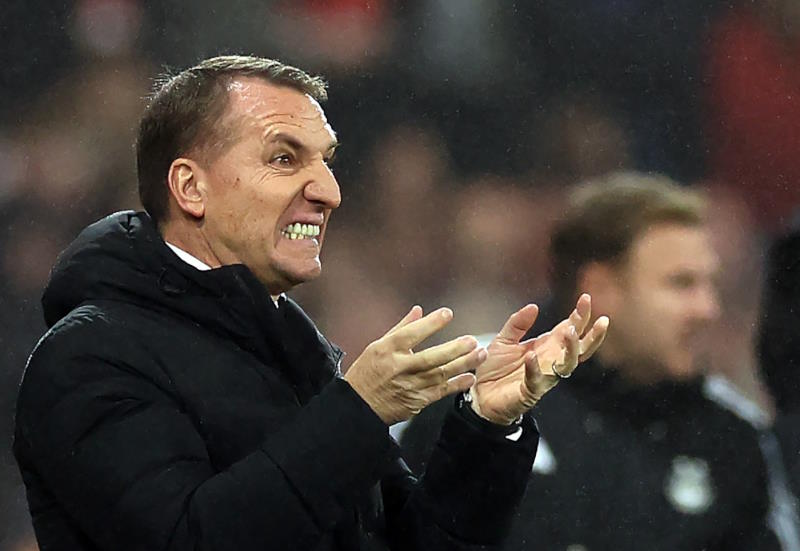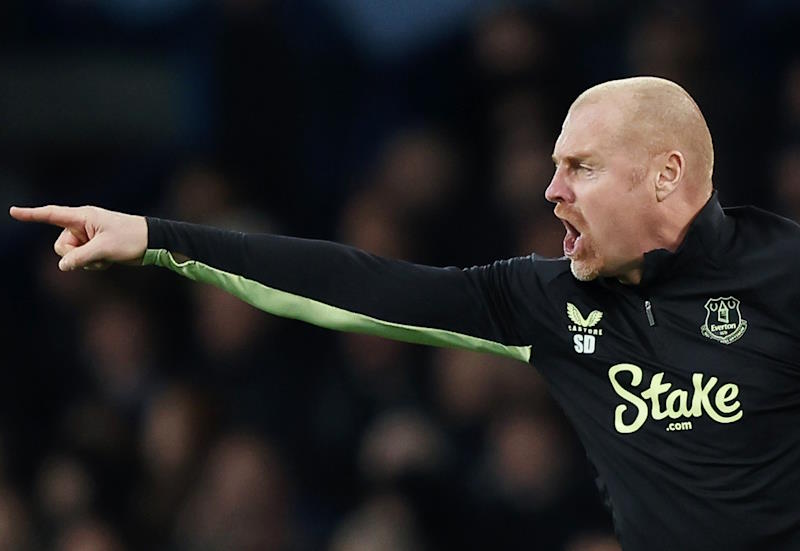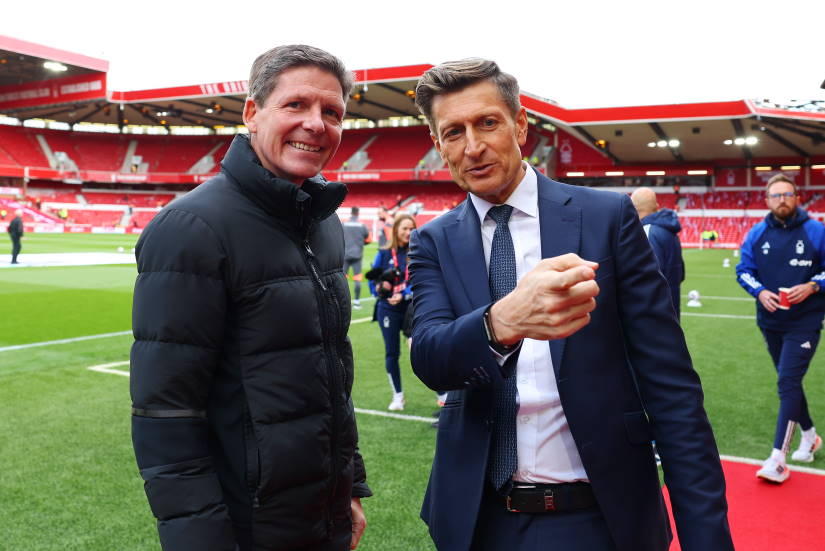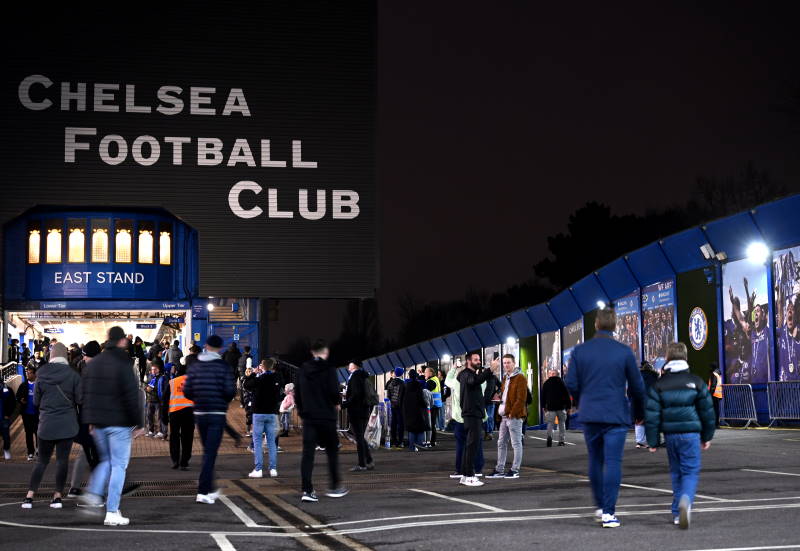
Gerard Houllier’s departure from Aston Villa on medical grounds, just nine months into his tenure, has left the Premier League outfit at a crossroads. Five years after Randy Lerner acquired the club, the American businessman must now appoint his third manager, and it is an appointment he can ill afford to get wrong.
The medical tests that eventually led to the downfall of Houllier must have made frustrating reading for Lerner, who has developed a reputation for being one of the English football’s more patient chairmen. With Aston Villa embroiled in a relegation battle, the American financed a club record transfer fee of a minimum of £18M to acquire striker Darren Bent from Sunderland in the January transfer window; Lerner was also ready to support Houllier with both time and money, starting with the summer transfer window.
Despite the ex-Lyon chief’s reign lasting less than a year though, it was been an eventful nine months at Villa Park. With the club still rocking from Martin O’Neill’s shock resignation just five days before the start of the new season, Houllier answered the SOS, but was unable to give his new employers a start date, being as he was still negotiating the termination of his contract with the French Football Federation where he held the post of technical director.
However, once Houllier had tied up his loose ends in Paris he set about his reshaping of the Villains. In came Gary McAllister as assistant manager with Gordon Cowans promoted from the Villa youth set-up to coach the first team – the Frenchman also appointed compatriot Robert Duverne as fitness coach, a man better known for his involvement in an infamous spat with Patrice Evra at the 2010 World Cup.
Duverne was tasked with increasing the fitness levels of the squad, something Houllier believes is instrumental to success in the modern game. But the Frenchman encountered a playing staff resistant to change, with several stars taking an instant dislike to the intense continental training regime imposed by the new management team – senior players John Carew, Richard Dunne and Stephen Warnock soon found themselves out of favour.
On the pitch the situation was not much better. As Christmas approached the Birmingham side sank towards the bottom end of the Premier League table. Houllier pointed, and with some justification, to inheriting Villa’s worst injury crisis for a number of seasons, forcing the Frenchman to play a number of promising young players such as Ciaran Clark and Barry Bannan by default. Despite this the fans, who had become accustomed to top six finishes under O’Neill, were getting restless with a manager who was on the whole an unpopular choice with the Villa faithful. Being knocked out of the Carling Cup by eventual winners and bitter rivals Birmingham City did not help Houllier’s relationship with the supporters, but Villa’s new manager remained bullish and insisted a top eight finish was still more then possible.
When the January transfer window arrived there was no doubting that Villa were in a relegation battle. A lacklustre home defeat to Sunderland in early January led to cries for Houllier’s head at the full time whistle. Pressure mounted, but Villa’s chief executive Paul Faulkner insisted that the ex-Lyon boss still had both his and Lerner’s support. And when the board pulled out all the stops to secure the signature of Bent it was clear that they were willing to give Houllier both the financial backing and more importantly the time to get it right.
A record-signing, Bent scored the winner on his debut against Manchester City and it was expected that Villa would enjoy a much more comfortable second half to the campaign. But the 1982 European Cup winners continued to labour and although never quite looking like slipping into the bottom three, were constantly looking over their shoulders at the relegation scrap. Headlines were still being made off the pitch for the wrong reasons when centre-backs Richard Dunne and James Collins were caught criticising the club’s management and a number of team-mates during a late night drinking session at a team bonding camp in a Leicestershire hotel. Both were fined and made to issue a public apology, but the impression was of a far from happy ship.
As the Claret and Blues edged towards safety, Houllier was admitted to Birmingham’s Queen Elizabeth Hospital with chest pains on 20th April. McAllister took the reins until the end of the season, leading Villa to a credible ninth place; a remarkable achievement considering the club’s Premier League status was not mathematically secured until the penultimate game of the season.
Initial indications suggested that Houllier would return as a manager with a reduced workload, but the medical results proved otherwise. And now the club must look towards the future and appoint a manager in good time for pre-season.
Italian Carlo Ancelotti Lerner’s number one target, but the Italian has since ruled himself out of the race stating that he is taking a one-year break from coaching following his sacking by Chelsea.
Mark Hughes’ resignation from Fulham led to observers putting two and two together, however initial reports that the Welshman was heading to the Midlands have been wide of the mark.
Another former Liverpool manager, Rafael Benitez, is thought to be interested in a return to English football and rejected advances from Atletico Madrid to search for a vacancy in the Premier League. For Benitez, the size of the club, potential money available to spend and Lerner’s patience all adds up to an attractive proposition. Whether the American believes Benitez is the right man for the job remains to be seen.
Steve McClaren is well known to be looking for a job in the Premier League and his revival on the continent with FC Twente makes him a contender. But with the former England coach’s reputation in his homeland still to be rebuilt after a disastrous spell in charge of the national team, he could prove to be an unpopular appointment with the club’s supporters.
Whoever Lerner decides to appoint it is a decision which will determine his legacy at Aston Villa. The club’s ultimate goal remains qualification for the Champions League, an objective that has become harder with Manchester City’s big-spending approach and Tottenham Hotspur’s revival under Harry Redknapp, but it is still an objective nonetheless. And with the American still keen to invest in Villa’s playing squad, as demonstrated by the signing of Bent, Lerner will want someone he can trust to spend wisely, and also in for the long haul, who wishes to build their own legacy.

